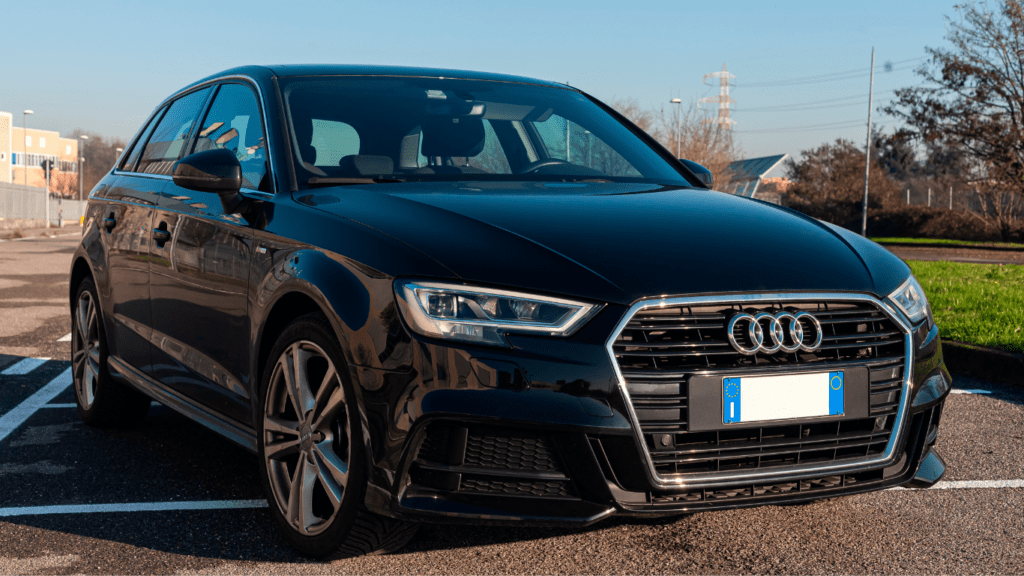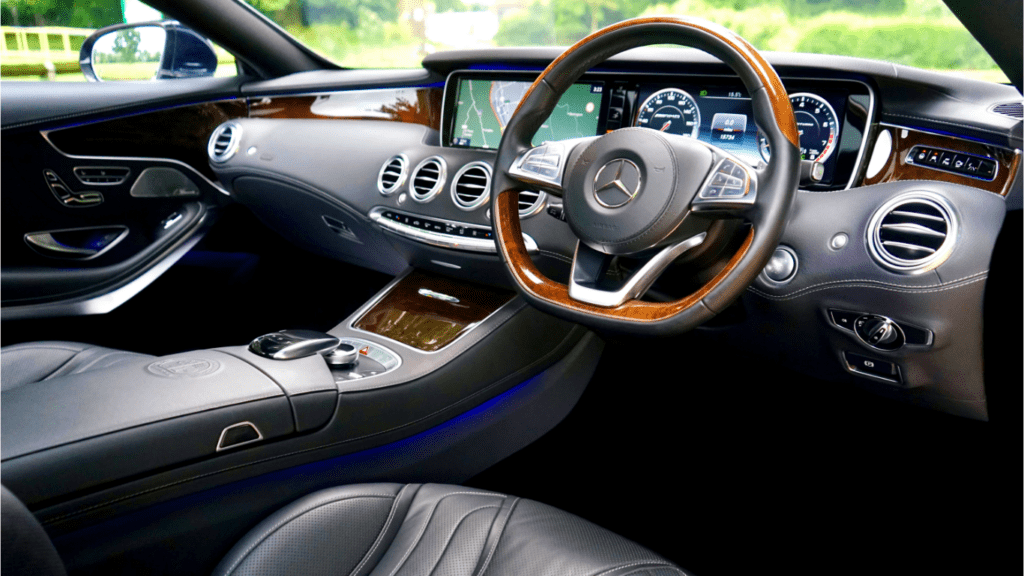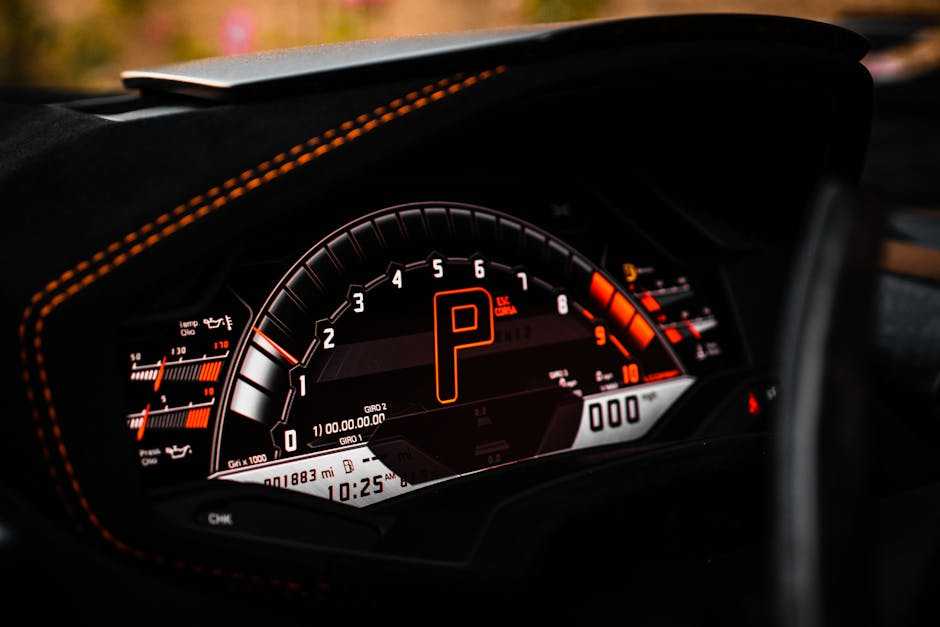Rise of Electric Vehicles in the Luxury Market
Luxury brands embrace electric vehicles for several reasons. High-end manufacturers like Tesla, Porsche, and Audi offer cutting-edge technology and unparalleled performance in their electric models, attracting discerning consumers. Instant torque, silent engines, and advanced driver-assistance systems heighten the appeal of these vehicles.
Sustainability plays a significant role in this transition. Brands understand that eco-conscious consumers seek luxury without compromising environmental values. Electric vehicles meet stringent emissions regulations and align with global sustainability goals, boosting their desirability.
The industry sees a strong market demand. Reports show significant growth in the sale of luxury electric cars. In 2022, electric vehicle sales in the luxury segment increased by 40%. Audi e-tron, Tesla Model S, and Porsche Taycan lead this surge, signifying a clear consumer shift.
Brand image and innovation greatly influence this trend. By investing in electric technology, luxury automakers project a forward-thinking image that resonates with modern consumers. Cutting-edge features and sustainable designs set these brands apart in a competitive market.
To summarize, luxury brands turn to electric vehicles due to advanced technology, sustainability, market demand, and innovation. This shift redefines modern luxury, making eco-friendly high-end cars the new standard.
Environmental Concerns and Sustainability
Luxury brands are embracing electric vehicles to address environmental concerns and sustainability issues.
Reducing Carbon Footprint
Manufacturers are focusing on electric vehicles to cut greenhouse gas emissions. Traditional internal combustion engines release significant CO2, contributing to global warming. Electric vehicles (EVs), however, produce zero tailpipe emissions. The Union of Concerned Scientists reports that switching to EVs can cut carbon emissions by over 50%, even when considering the emissions from electricity generation. High-end brands recognize the importance of these reductions to mitigate their environmental impact.
Aligning with Eco-Conscious Consumers
Luxury automakers are aligning with eco-conscious consumers by promoting sustainability. Today’s buyers are more environmentally aware, seeking products that reflect their values. A Nielsen study found that 73% of global consumers are willing to change consumption habits to reduce their environmental impact. By offering electric vehicles, luxury brands appeal to these eco-minded individuals, reinforcing their commitment to a greener future. Brands like:
- Tesla
- Porsche
- Audi
have successfully captured this market segment by integrating sustainability into their core strategies.
Technological Innovation and Performance

Luxury brands explore electric vehicles to harness cutting-edge technology for superior performance. This trend focuses not only on luxury but also on technological advancements that enhance the driving experience.
Advances in Battery Technology
Battery technology has seen significant improvements, allowing luxury brands to offer electric vehicles with extended range and faster charging times. For instance, solid-state batteries provide higher energy densities than traditional lithium-ion batteries, leading to longer driving ranges. Tesla’s investment in 4680 battery cells exemplifies how these advances boost performance and efficiency, enabling vehicles to travel further on a single charge. Moreover, rapid advancements in charging infrastructure, such as Audi’s high-power charging network, reduce charging times, making electric vehicles more convenient for everyday use.
Enhanced Driving Experience
- Luxury electric vehicles (EVs) deliver an unparalleled driving experience through innovative technology.
- The instant torque from electric motors offers exhilarating acceleration, as seen in the Porsche Taycan’s 0-60 mph time of just 2.4 seconds.
- Advanced driver-assistance systems, including Tesla’s Autopilot and Cadillac’s Super Cruise, elevate safety and convenience by integrating artificial intelligence and machine learning.
- Features like adaptive air suspension, found in the Audi e-tron, provide a smoother ride by automatically adjusting to road conditions.
- The whisper-quiet operation of electric engines, combined with customizable interior options, enhances comfort and luxury, creating a serene driving environment.
Economic and Regulatory Factors
Economic and regulatory factors play a significant role in the luxury brands’ shift to electric vehicles. Governments provide incentives, and market demands are evolving, creating a conducive environment for this strategic pivot.
Government Incentives
Government incentives have been pivotal for luxury brands embracing electric vehicles. Many countries offer tax credits, rebates, and subsidies to both manufacturers and buyers. For example, in the United States, the federal government provides up to $7,500 in tax credits for electric vehicle purchases. Similarly, in Europe, countries like Germany and France offer incentives ranging from €6,000 to €9,000 for electric car buyers. These financial benefits reduce the overall cost of electric vehicles, making them more appealing to consumers and encouraging luxury brands to expand their electric vehicle lineups.
Market Demand Shifts
Market demand shifts also influence luxury brands to focus on electric vehicles. Consumer preferences are changing, with a growing number of buyers prioritizing sustainability and innovation in their purchasing decisions. According to a Reuters report, there was a 40% increase in luxury electric vehicle sales in 2022. Models like the Audi e-tron, Tesla Model S, and Porsche Taycan led this surge, indicating a strong consumer interest in luxury electric cars. By aligning with these market demands, luxury brands not only meet consumer expectations but also enhance their market positioning as pioneers in sustainability and advanced technology.
Branding and Market Positioning
Luxury brands see electric vehicles (EVs) as a crucial element in their branding and market positioning strategy.
Strengthening Brand Image
Luxury brands enhance their image by adopting electric vehicles. This shift highlights their commitment to innovation and sustainability. Brands like Porsche and Mercedes-Benz use EVs to showcase cutting-edge technology, distinguishing themselves from competitors. Electric vehicles represent a forward-thinking stance and an alignment with global environmental goals. By integrating EVs into their fleets, luxury automakers project a modern and eco-friendly image, crucial in today’s market.
Attracting a New Demographic
Electric vehicles help luxury brands attract new demographics. Younger, eco-conscious consumers seek high-end options that align with their environmental values. Brands like Tesla and Audi cater to this growing market by offering state-of-the-art EVs. These vehicles appeal to consumers who prioritize sustainability without compromising on luxury. By focusing on electric technology, luxury brands capture the interest of tech-savvy, environmentally aware buyers, expanding their customer base.
Future Prospects for Luxury Electric Vehicles
Luxury electric vehicles (EVs) look set to dominate the high-end automotive market over the coming years. Companies invest heavily in research and development to create models that deliver unparalleled performance and cutting-edge technology. High-performance batteries and faster charging solutions are priority areas, ensuring longer range and shorter downtime. BloombergNEF projects that by 2040, approximately 58% of all passenger vehicle sales globally will be electric, a trend luxury brands are poised to lead.
Integration of Advanced Technologies
Significant advancements in autonomous driving technology could redefine the luxury driving experience. Brands like Tesla and Mercedes-Benz already integrate semi-autonomous features into their EVs, providing enhanced safety and convenience. These technologies will only grow more sophisticated, offering fully autonomous driving, which could transform daily commutes and long drives into opportunities for relaxation and productivity.
Expansion of Luxury Electric Models
Luxury brands are expected to expand their electric vehicle line-ups considerably. Bentley plans to go fully electric by 2030, setting a precedent for other high-end manufacturers. As more options become available, consumers gain access to a broader range of styles and functionalities, from luxury SUVs to sleek sports cars. This diversification caters to varied consumer preferences while underlining the brands’ commitment to sustainability and innovation.
Sustainability and Ethical Sourcing
Future luxury EVs will likely focus more on sustainability beyond zero-emission performance. Ethical sourcing of materials, such as cobalt-free batteries and recycled interiors, is gaining traction. Brands like BMW and Polestar emphasize transparency in their supply chains, ensuring that mining and production processes are environmentally and socially responsible. This ethical approach appeals to consumers who prioritize sustainability alongside luxury.
Enhanced Driving Experience
The driving experience in luxury EVs is set to reach new heights with continuous enhancements. Instant torque, smooth acceleration, and silent engines contribute to a refined driving experience that traditional combustion engines can’t match. Additionally, customizable features and AI-driven personalization will make owning and driving these vehicles a uniquely tailored experience.
Regulatory Support and Market Incentives
Governments worldwide are introducing stricter emissions regulations and providing incentives for electric vehicles, benefiting luxury brands. Tax rebates, grants, and subsidies reduce initial purchasing costs, making luxury EVs more accessible. These incentives, combined with growing environmental awareness, push luxury brands to innovate and commit to electric mobility.
Luxury electric vehicles offer a future filled with technological advancements, expanded model selections, sustainability, and an enhanced driving experience. As regulatory support and market demand grow, these vehicles will redefine the epitome of modern luxury on a global scale.



 Luxury Lifestyle & Partnerships Manager
Luxury Lifestyle & Partnerships Manager
